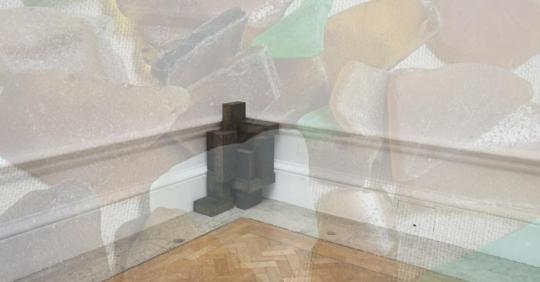#durga chew-bose
Quote
Imagine that. Even when we’re pressing snooze and rolling over in bed, folding ourselves into our covers and postponing the day’s bubbling over, and soon after notching cold butter on warm toast, or later coming to a halt as we bound up a flight of subway stairs only to stall behind an elderly woman whose left leg trails behind her right leg—one leaden step at a time—even then, when time decelerates and the relative importance of our lives, of our hurry, undergoes a sudden, essential audit; even then, our heart never stops. . . despite these bouts of wonder and alarm, when my heart races, dimples, is weary and deflates, it never exhausts. How is that possible? How does it maintain? Stays going. On and on.
Durga Chew-Bose, from “Heart Museum,” in Too Much and Not the Mood
2K notes
·
View notes
Text

Durga Chew-Bose, “Heart Museum” from Too Much and Not the Mood
610 notes
·
View notes
Text
Groping through the dark is, in large part, what writing consists of anyway. Working through and feeling around the shadows of an idea. Getting pricked. Cursing purity. Threshing out. Scuffing up and peeling away. Feral rearranging. Letting form ferment. Letting form pass through you. Observing writing’s alp and honoring it by scribbling a whole lot of garbage and then clicking in agreement: Don’t save. Exaggerating until it hurts. Until you limp and are forced to rest, and then say what you mean to the sound of thunder’s cannonade; to the lilting hum of ghosts that only haunt the sea, or of Debussy in your earbuds, and then sometimes-style of piano that sounds pleasantly soiree-drunk and stumbly.
Until you write what is detectable but dislodges you. Like the smell of cinnamon. Like sex with someone where your bodies conform, and your hands and legs fold into each other, even if it’s been years. Even if there’s been hate and pitiless hurt.
“Heart Museum” from Too Much And Not The Mood: Essays by Durga Chew-Bose
140 notes
·
View notes
Quote
Some of us are born a little mournful, and we spend our lives discovering new traditions for housing those ghosts we’ve long considered companions. Framing, I’d venture, is central to this urge. It gives memories a physique.
Durga Chew-Bose, Letter of Recommendation: Framing (NY Times, Feb 4, 2020) (via Alive on All Channels)
9 notes
·
View notes
Text
“I love a confessional mood that isn’t too profound.”
Durga Chew-Bose on Jamaica Kincaid’s Talk Stories
9 notes
·
View notes
Quote
It’s imperative that writing consists of not living up to your own taste. Of leaving the world behind so you can hold fast to what’s strange inside; what’s unlit. A soreness. A neglected joy. The way forward is perhaps not maintaining a standard for accuracy but appraising what naturally heaps.
Durga Chew-Bose, Too Much and Not the Mood
7 notes
·
View notes
Photo
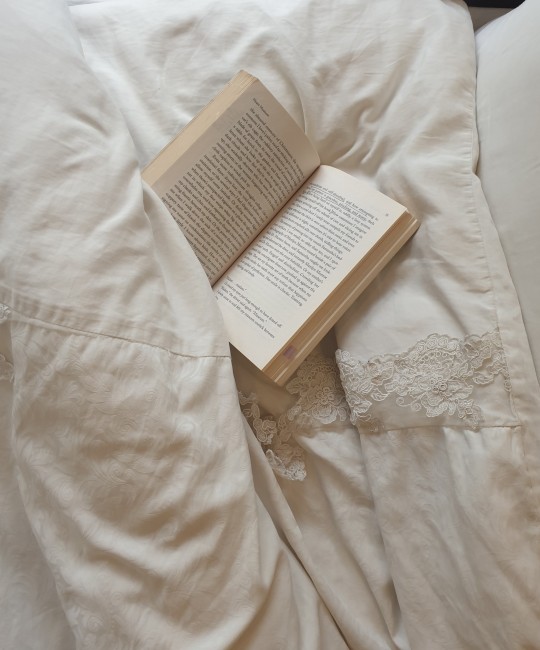

“I care little for plot and prefer a lingering glow..”
#durga chew bose#too much and not the mood#books#booklr#book photos#my posts#book photography#litblr#essays#non fiction#read#reading#adult booklr#neutrals
525 notes
·
View notes
Photo




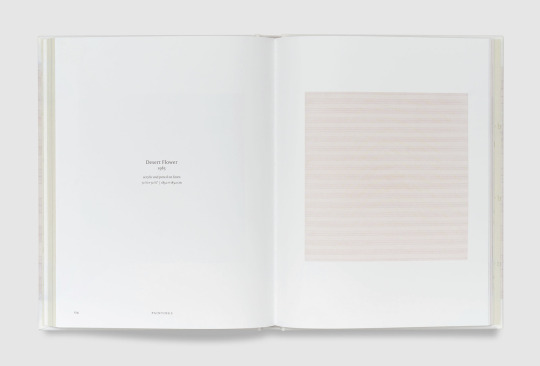


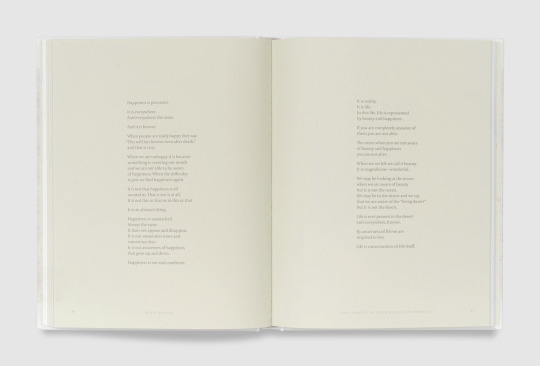
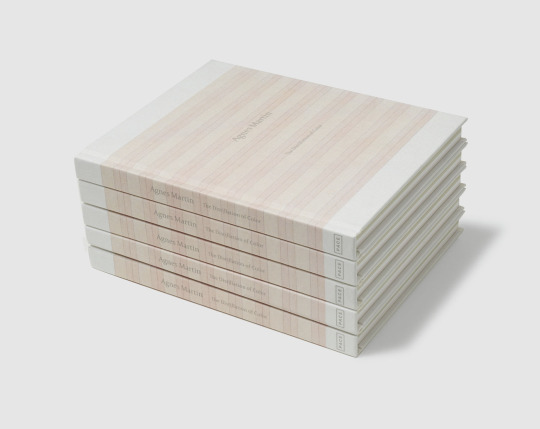

Agnes Martin. The Distillation of Color, Texts by Durga Chew-Bose, Bruce Hainley, Olivia Laing, Design by Mine Suda, Pace Publishing, New York, NY, 2021 [Exhibition: Pace Gallery, New York, NY, May 5 – Jun 26, 2021]
#graphic design#art#geometry#pattern#mixed media#exhibition#catalogue#catalog#cover#agnes martin#durga chew bose#bruce hainley#olivia laing#mine suda#pace publishing#pace gallery#2020s
32 notes
·
View notes
Text
I wish you were here. The days and nights are beautiful as only autumn can be […] My delight is purely aesthetic, and country bumpkin I am good, industrious, and loving; how long will it be, though, before I break out?
— Vita Sackville West, letter to Virginia, 11 Oct 1927
I remember being surprised at how yellow and how red autumn really is.
— Joe Brainard, I Remember
In the corner of Mommy’s heart, a small black mole lifts its head / It becomes a song. A fabulous solo roams desperately looking for death / A song graceful like the deep autumn night / The endless greetings of the dead.
— Kim Hyesoon, Autobiography of Death
Say autumn. / Say autumn despite the green / in your eyes. Beauty despite / daylight. Say you’d kill for it. Unbreakable dawn / mounting in your throat.
— Ocean Vuong, On Earth We’re Briefly Gorgeous
We’re the types who keep from joining everyone outside, or rather, we enjoy-with-skirmish an autumn sunset’s afterglow, anticipating instead the quick tide of darkness that comes next.
— Durga Chew-Bose, Too Much and Not the Mood
The mottled lights from across the other bank beamed on the water, reminding me of Van Gogh's Starlight Over the Rhone. Very autumnal, very beginning of school year, very Indian summer, and as always at Indian summer twilight, that lingering mix of unfinished summer business and unfinished homework and always the illusion of summer months ahead, which wears itself out no sooner than the sun has set.
— André Aciman, Call Me By Your Name
#autumn#parallels#vita sackville west#virginia woolf#joe brainard#i remember#kim hyesoon#autobiography of death#ocean vuong#on earth we're briefly gorgeous#night sky with exit wounds#andre aciman#call me by your name#durga chew bose#too much and not the mood#web weaving#**
14 notes
·
View notes
Text
It still comes as a shock to me how irreversible life is
0 notes
Text
“When I think of my brother’s childhood friends, of the two who are dead, I become, in those seconds, not inconsolable but wanting for my parents. I am homesick. Parent-sick. Cousin-sick. Okra-sick. . . I am sick for those years when I was paying attention without purpose. When I was arranging stories free of import, and when my imagination could draw courage instead of warrant that I stay in. . . I am sick for using change to buy lime popsicles. Sick for slamming doors to emphasize my temper. I am sick for not perceiving winter. For being unbothered by February’s frost. . . I am sick for packing a snowball but being too shy to throw it and so I’d carry it in the gloved pillow of my palm like a pet snowball. I am sick for using small scissors to cut cardboard hearts; for gluing them on paper doilies and writing someone’s name with felt marker. I am sick for cardboard and paper and markers, and the time it took to make things before gifting them. . . I am sick for my incorruptibility. Sick for believing. Sick for my body before. Before I’d ever noticed I was in possession of one. Before full-lengths. Before I knew anything about valleyed collarbones, a stomach’s folds, smooth legs, small wrists. . . I am sick for wearing orange. For those years when I knew nothing about the need to abide. When I smiled with my teeth.”
— Durga Chew-Bose, from “Part of a Greater Pattern,” in Too Much and Not the Mood
#l’irrévérence des jeunes filles devrait être l’objet de toutes nos attentions etc#w#lit#durga chew-bose
1K notes
·
View notes
Text
Nobody ever teaches you how to be a person torn-between. How to shape your breaths so as to accommodate both the solitude and the stampede.
Durga Chew-Bose, “Part of a Greater Pattern”from Too Much and Not the Mood
8 notes
·
View notes
Text
And yet, despite claims, no writer hopes for ideas to take complete shape. Approximation is the mark. Many times, writing that clinches lacks incandescence—the embers have cooled. A need for completeness can, off and on, squander cadence. Isn’t it fun to read a sentence that races ahead of itself? That has the effect of stopping short—of dirt and cutaway rocks tumbling down the edge of a cliff, alerting you to the drop. As the critic, author, and poet Clive James wrote of Proust’s À la recherche du temps perdu: “It reminds me of a sandcastle that the tide reached before its obsessed constructor could finish it; but he knew that would happen, or else why build it on a beach?”
—Durga Chew-Bose, “Heart Museum” from Too Much and Not The Mood: Essays
2 notes
·
View notes
Link
🌹
#been going through the durga chew-bose archives!#was made to watch pather panchali for a film class in college and could not appreciate it#at the time#this makes me want to try again#self doc#my reading
0 notes
Text
“I am always relieved by having left the theater unconfident in my thoughts. There’s nothing as loyal—rich and electric—as doubt’s unsettling powers to make me feel like I’ve just experienced a new classic. Similarly, how risky it feels to live outside the starkness of liking and disliking. Quick takes are wasteful. They do little for the heart. So where does ambivalence go to live? Can the critic occupy that liminal grey space? Somewhere to cultivate an inkling and steer clear of conclusions. Isn’t intuition a quiet feeling, after all? Doesn’t time, a few sleeps or forgetting what a film was really about—don’t all of these things reanimate the art? I never know what to say when my companion asks, “So, what did you think of it?” I always suggest we find a booth, sit—share an order of fries. Later, well after the fact, that’s when the movie really begins.”
Durga Chew-Bose on the space where critical work can begin
0 notes
